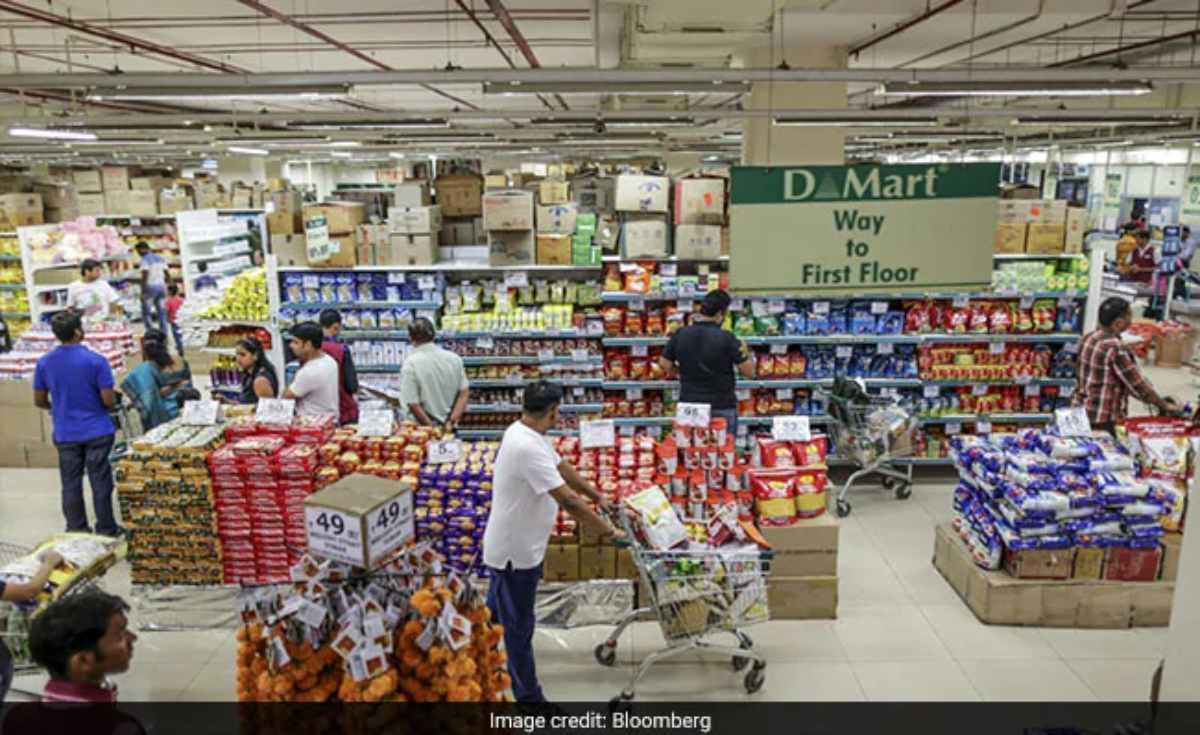In times like this when the global economy has taken a nosedive and billionaires are losing net worth every day, there is 1 billionaire from India who has not just managed to not lose the net worth, but has seen an increase.
Indian business tycoon, Radhakishan Damani, who controls Avenue Supermarts Limited, has seen an increase in his net worth of 5% in 2020 which took him to $ 10.2 billion which has made him the only Indian billionaire on the Bloomberg Billionaires Index to have gained wealth.
The shared of Avenue Spuermarts Ltd increased by 18% so far this year, Avenue Supermarts contribute to almost all of Damani’s wealth.
Damani, who came from humble beginnings was raised in a 1 room apartment in a Mumbai tenement block, saw his wealth bloat at a time when the stocks have shaved by over 32% off the net worth of other billionaires of India such as Uday Kotak and Mukesh Ambani only because of the fear that the pandemic will gut the economic growth.
Damani’s supermarket chain, which is known for its thrifty cost structure, have gained much from the panic buying of household essentials as Indian went under a lockdown for 21 days which will end on 14th April.
Arun Kejriwal who is a Director at Kris says, “People have been buying in panic and hoarding during the lockdown that drove the sales, making the company’s share a perfect hedge amid rout,”. He adds that “their unique no-frills model and also choosing to operate from locations outside malls, will help them to tide over the situation”.
The low-cost model of Avenue Supermarts’ D-Mart stores is good for the company as people are going for panic buying for staples. The supermarket chain generates money by giving the customers less choices of no-frill products, heavy negotiating with the vendors and also avoids harsh advertising expenses.
Though D-Mart has many rivals but they have not benefitted as much as D-Mart under these circumstances. Future Group, which runs India’s second biggest retail chain in terms of revenue has over 1300 stores across the country, saw that it’s public-traded retain unit’s shares dropped by 80% this year.
Both, Avenue Supermarts’ and Damani’s prospects looks bright as long as the supply chain is intact for India’s fast moving consumer goods segment. As trucks have come to a standstill, and extension to the lockdown is not out of the picture, D-Mart may find it hard to keep its shelves full.
Also Read: Lockdown India: Despite Government’s Orders, Transportation Of Goods Still A Challenge
As of now D-Mart is able to refill its shelves.
There are not many listed retailers which are in a better position than Avenue Supermarts to offer “a hedge in this crisis” say Vikraman P N from Finnoviti Consulting.
He added, “They cater to the rising demand for consumer staples and they have used their cash flows over the years to invest in a robust supply chain”.


